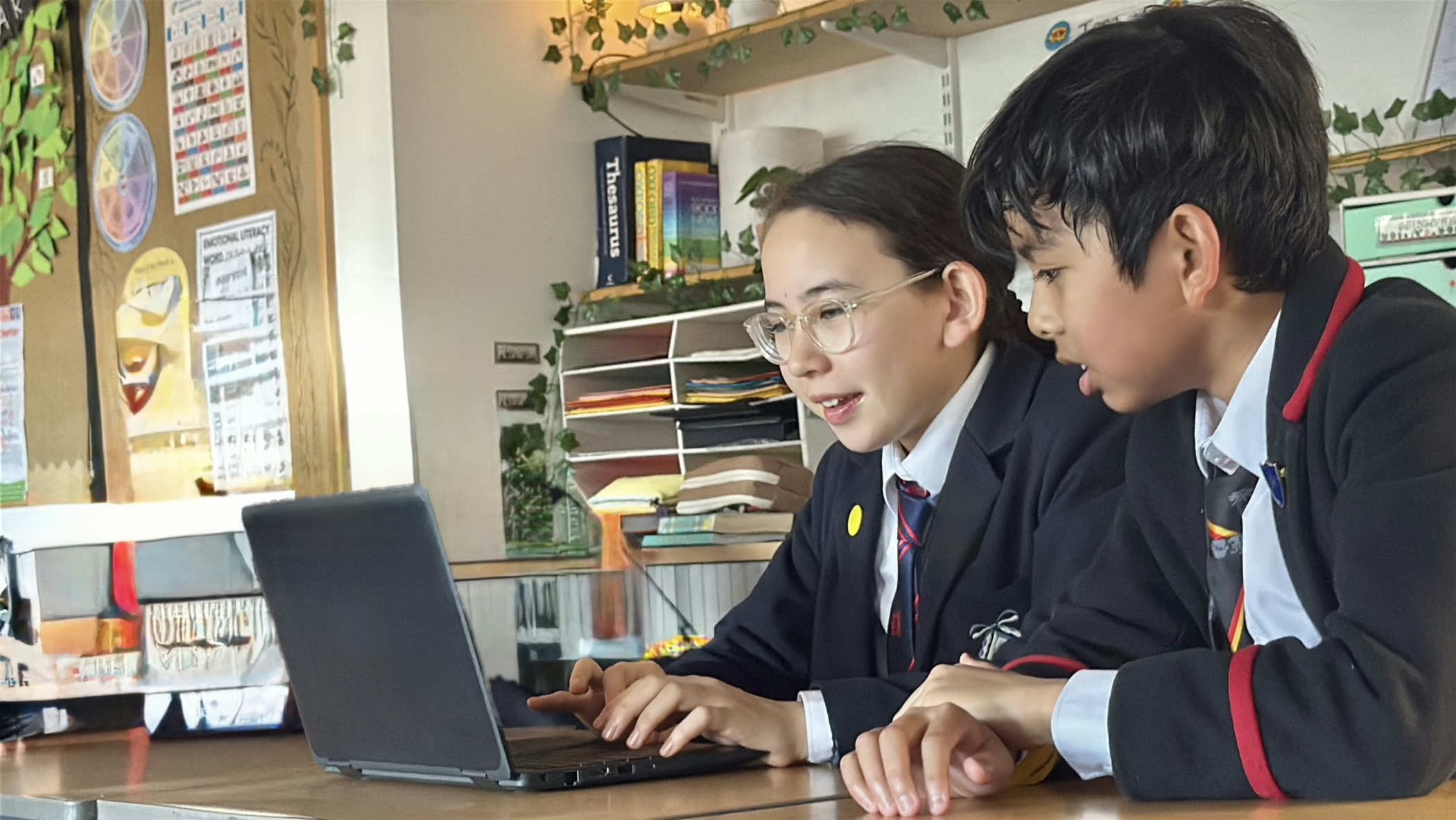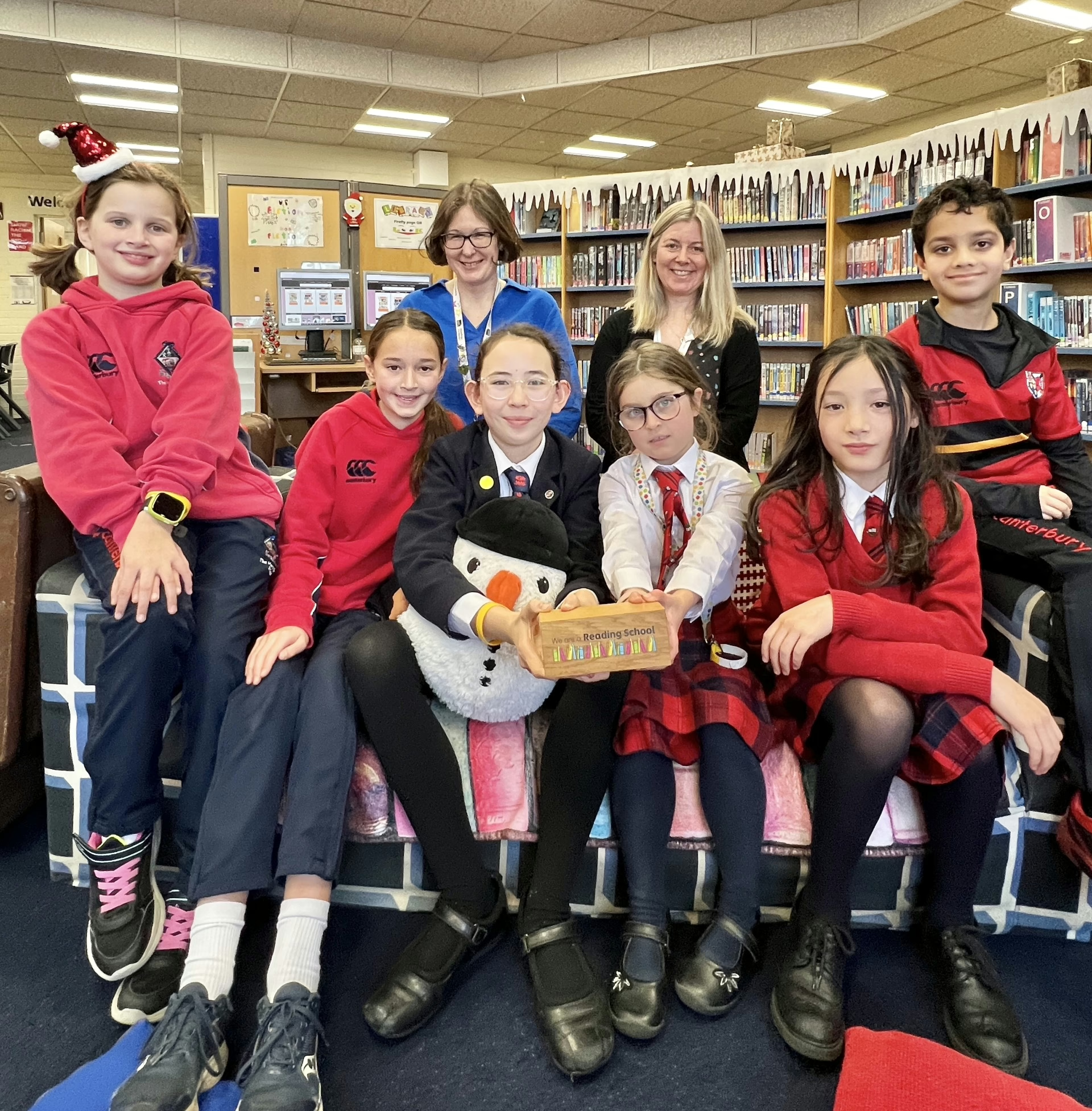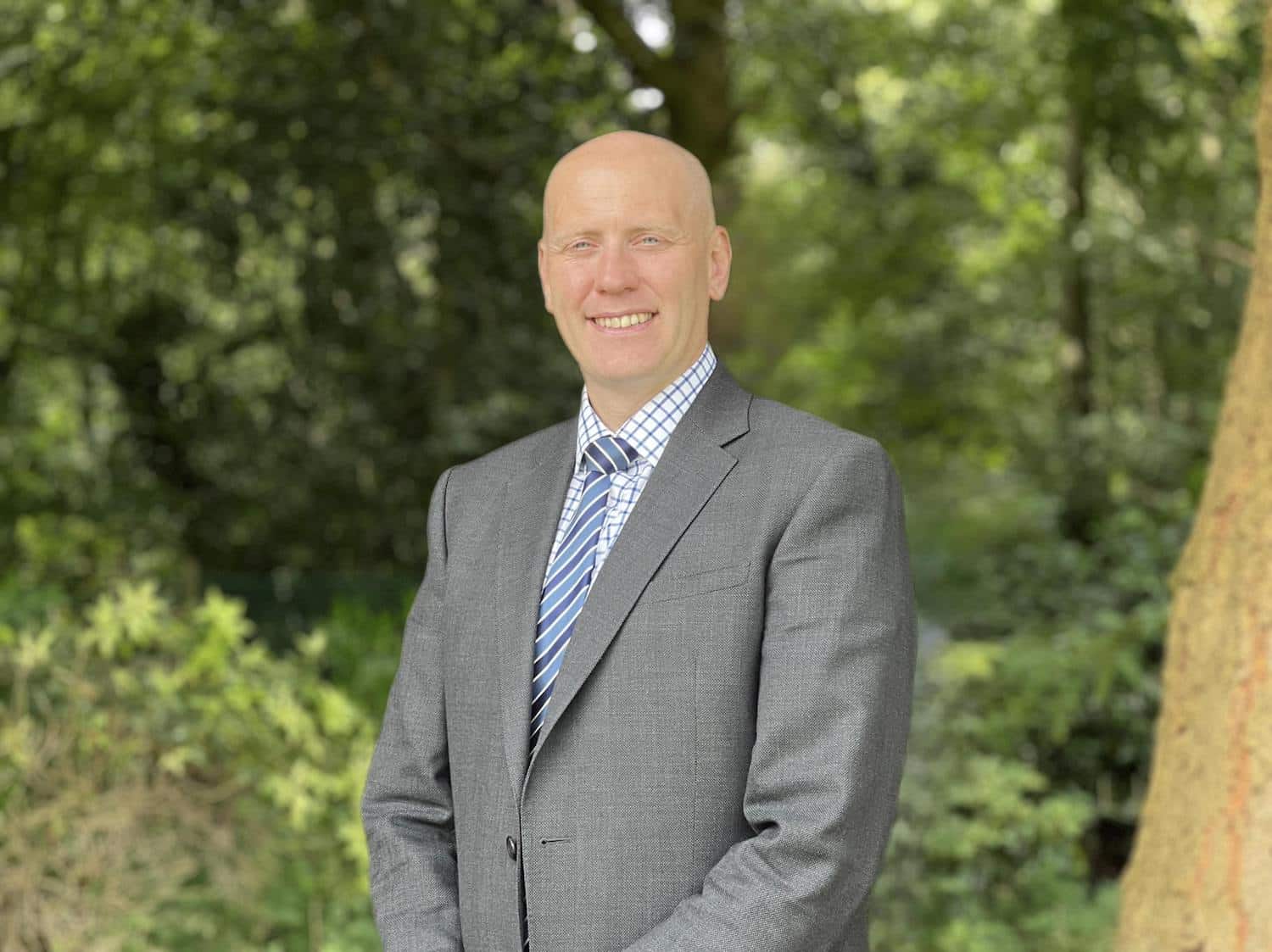What are your fondest memories of your time at Daniel Stewart’s College? Were there any particular teachers or subjects that had a lasting impact on you?
I really enjoyed playing rugby when I was at school, but it was the support of my German teacher, Jim Davidson, that had the biggest long-term impact on me and my life. I could speak German fluently as my mum was German, so it wasn’t so much the subject matter that was important but his support to decide my future direction. Jim arranged for me to do a pre-university course through Rugby School which turned out to be a year in Germany where an internship and accommodation was arranged. This was the making of me in so many ways – I learned I could live independently; I experienced on-the-job learning that helped to shape the direction of my career, and I worked in a second language. He unfortunately died soon after I returned from this year, and I didn’t get the chance to thank him for the support he had given to me at a crucial time.
Tell us about your work experience in Germany and how this shaped your next steps.
Before setting off, I had no idea where I was going or what I was going to do. We had a 10-day introduction to the German way of life in Koln and on the last day we were handed an envelope with rail tickets, an address and a telephone number which we were to use only in an emergency. When I arrived in Hamburg, I found I had been allocated a room in a flat which was situated at the end of the runway at the Hamburg international airport, and I had been assigned to a job in the deaths department of the largest insurance company in Germany at the time. After the first month I was quite unhappy because the living situation was challenging, and the job was quite uninteresting to me. I went to a pub in Hamburg centre and bumped into another student on the Rugby course. He was a land surveying trainee but wasn’t enjoying his experience either so we approached our respective bosses to ask if we could swap, which was approved. I enjoyed the new job so much that I was offered an opportunity to join the staff at the end of the 9 month engagement. It was clearly for me, and after only a few months I was given a car and spent the year driving around the north of Germany doing land surveying. It was a great job offer, and I was very tempted but I decided I wanted a UK qualification as my research revealed that RICS was world-wide whilst a German qualification was less attractive to employers. I ended up studying a general course in surveying.
How did you develop your career after qualifying?
I spent a few years working for a variety of large and small firms learning the ropes in Scotland and towards the end of the 1970s I realised I didn’t want to work for anyone else, so I opened up my own practice with a colleague. I ran the Edinburgh operations, and he ran the Glasgow office and we focused on commercial property throughout Scotland.
Outside of work I have an interest in classical music and in the run up to the Berlin Wall coming down I had visited the Spring Music festival in Prague where I spent my days in the city hostelries meeting locals and the evenings attending concerts. After the fall of the wall, I decided it was time to have a look at Czechoslovakia, which it was at the time, for commercial opportunities. We were fairly early investors and found the path easier than others due to a lack of language barrier, for which I was very fortunate. Many of the senior positions in government we held by people who were born before the war and spoke good German (Sudetenland). A natural shoe in for me. In the early 1990s we bought a couple of properties but as there were no banks that knew how to lend, we had to use equity. This small property fund did very well and when we sold the company in 2002-3 we launched a full scale property fund in the early 2000s and raised £150M. We used this to buy and develop property in Poland, Czech Republic, Slovakia and Hungary. This was very exciting because these countries had no supermarkets, shops or shopping centres let alone modern offices or high ceiling warehouses. We developed mainly small supermarkets and other retail outlets. After 10 years the rest of the world started to commercialise in these countries and in 2015 we sold everything and I retired.
What was the most rewarding project or achievement from those early years?
The thing that I enjoyed the most was bringing Harvey Nichols to Edinburgh. We bought the land that was the Edinburgh bus station and the offices above it, and we were looking for occupiers for the prime city centre site. We visited the boss of Harvey Nichols Josef Wann, and he visited, went to the roof and looked at the view from the top floor. A week later he called expressing interest. A year later he signed up and we built it out and attracted all the lovely retailers of Multrees Walk. As a separate plan we negotiated with the residents of the Square to open up the gardens and it’s now a fantastic area in Edinburgh. Having been born in Edinburgh it’s lovely to have delivered something so special and it was a game-changer for Edinburgh as a city in terms of retail. George Street also pivoted towards retail, and it’s been great – and without our initiative the new St James centre development might not have happened.
How have you seen the commercial property landscape evolve over the years, and what are the key challenges today?
I have been retired for some time now, but I would say the biggest challenge is to keep pace with technology – retail has changed so much, offices are so much more complex in their specification. When I was younger, everyone went to town into bustling shops to meet friends and girlfriends. It is a big challenge to repurpose these empty properties and scruffy buildings. Then there is the consideration of the space above these empty shops and possible conversion into residential space, bringing these areas more to life.
I still advise private clients and now employ agents to do the admin for me. I have property in the UK and Poland and need to visit to check all is in order from time to time. I was trained as a management surveyor and commercial agent. I set up a separate company to manage other people’s properties and that was a most valuable exercise and got me involved in what I now do, and I learnt from my clients. Property development is less attractive now – there’s little money around to develop and there’s little demand for commercial / office property compared to previous decades. Residential continues to be popular but it’s often uneconomical as rents are so far behind costs. There were similar challenges when I was young, just slightly different sectors.
What advice would you give to current students who are considering a career in surveying or working internationally?
Languages are very useful – for me it helped enormously with my work in Germany and the investing in Czechoslovakia as many people at the time spoke German so it was fairly straightforward for me as a strong German speaker. Had I tried to do this without language knowledge it would have been near impossible as the population had been quite sheltered before the changes and were not as aware of other languages as now. Whilst I agree that a degree and being qualified via the Royal Institute of Chartered Surveyors can obviously be useful, I would encourage students to try to get some practical experience in the industry. There are two areas to the industry – buying and selling which requires an element of natural skill, and the more technical side which tends to be back-office. The latter gives you better job security. The former is harder because of the lack of development opportunities and viable projects.
If you could go back and give your younger self one piece of career advice, what would it be?
During your life you reach crossroads on a regular basis, and I’ve seen friends take the wrong turning because they’ve hesitated. If you see an opportunity don’t hesitate – just take it. If it looks like it might be good, go ahead and do it. Don’t find yourself looking back saying …I wish I had…
And finally how did you spend your time outside of work?
I continued to play rugby until I was 32 and I took up skiing and I still ski now! We have a place in the alps near Interlaken which we bought when we set up the Czech business because it was helpful to have a base nearby and it meant I could be at any office within 3 hours including a short flight. Our son and family live in Dubai and daughter and team live in Argyll so we spend time visiting them and the grandchildren on a regular basis. The rest of the time we travel all over the world mainly fishing for trout in the US, Slovenia, New Zealand and Alphonse Island in the Indian ocean. My career really worked out.






